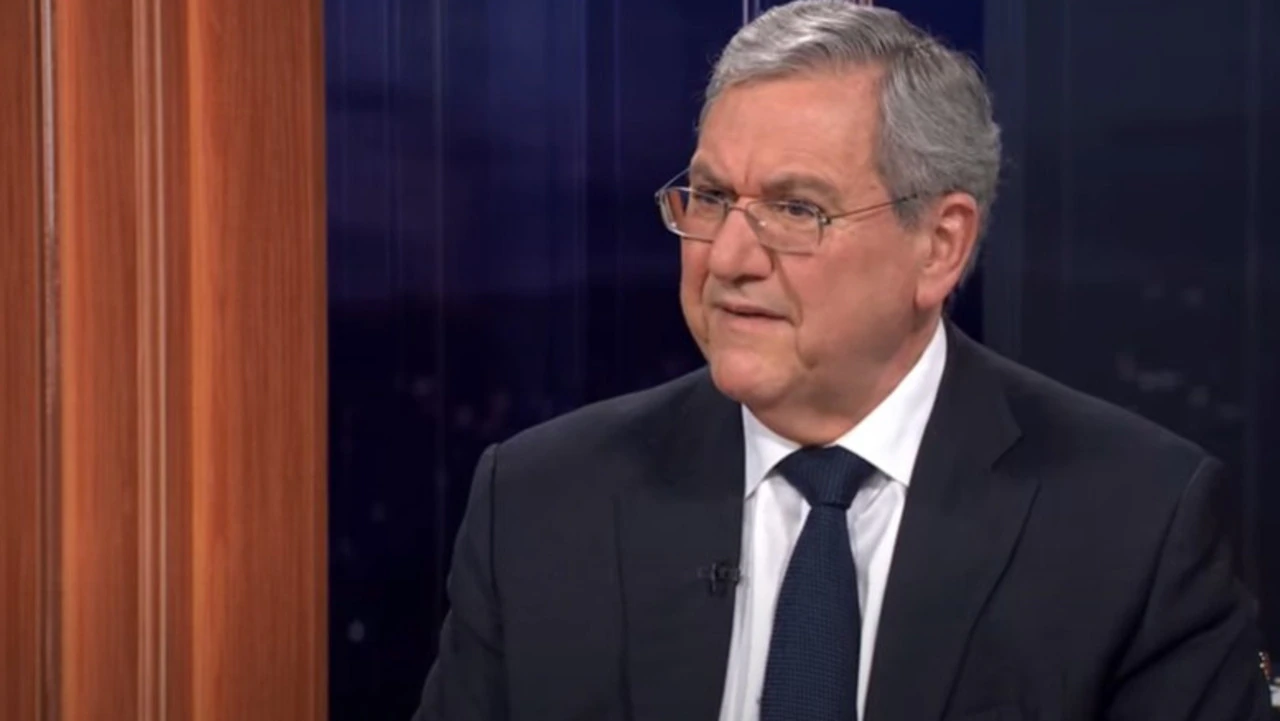By Eugene Volokh
Copyright reason

Thus, for a drag performance to meet the definition of obscene material, it must first contain one of these enumerated acts of sexual conduct. If it contains such an act, then a drag performance must be reviewed to determine whether it predominantly appeals to a prurient interest in sex, is patently offensive according to contemporary community standards, and lacks serious literary, artistic, educational, political, or scientific value. {Prurient Interest means “[a] morbid, unhealthy fixation with sex, nudity, or obscene or pornographic materials.”} …
{One U.S. District Court has previously held that drag shows are not expressive conduct protected by the First Amendment. But this opinion is no longer good law because a divided Fifth Circuit panel recently reversed it finding the proposed drag show “communicated a message” of “support for the LGBT+ community,” which was “enough to implicate the First Amendment.” Spectrum WT v. Wendler (5th Cir. 2025). Existing Oklahoma law, however, punishes all types of adult performances in front of minors or in a public place that contain obscene material, regardless of whether drag is involved. Therefore, as it relates to existing Oklahoma law, the relevant inquiry is whether the drag performance contains obscene material.}
{Failing to follow the Miller test has caused other states and cities to run afoul of the First Amendment as it relates to drag performances. For example, Texas’s ban on “sexually oriented performances” violated the First Amendment because, among other things, Texas law failed to include all the criteria identified in the Miller test for obscenity. Woodlands Pride, Inc. v. Paxton (S.D. Tex. 2023). Similarly, a Utah city’s refusal to issue a permit for a drag show in a public park violated the First Amendment because there was “no evidence that the Allies Drag Show was anticipated to be anywhere close to satisfying even one prong of the Miller standard establishing whether a work is legally obscene.” S. Utah Drag Stars v. City of St. George (D. Utah 2023).
On the other hand, Tennessee’s Adult Entertainment Act that “(1) incorporate[d] the Supreme Court’s three-part obscenity test from Miller v. California and (2) modifie[[d] it to apply to minors” was found to be consistent with the First Amendment. Friends of George’s, Inc. v. Mulroy (6th Cir. 2024). Oklahoma’s new statute, title 21, section 1024.6, simply incorporates Oklahoma’s prior definition of obscene material that adopts the Miller test. Therefore, Oklahoma’s obscenity laws, including section 1024.6, are consistent with the Miller test and the First Amendment.



